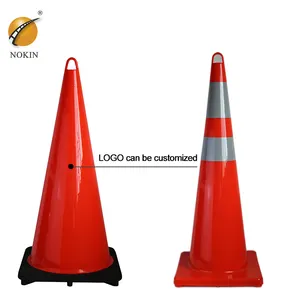
All categories
Featured selections
Trade Assurance
Buyer Central
Help Center
Get the app
Become a supplier










Điều tuyệt vời hình nón cpt. lựa chọn trên Alibaba.com cách mạng hóa dịch vụ chăm sóc điều dưỡng. Họ cung cấp các câu trả lời đặc biệt cho các y tá và những người chăm sóc sức khỏe khác và những bệnh nhân cần sử dụng ống thông tiểu. Họ biến việc đặt ống thông tiểu thành một công việc đơn giản, cần ít nỗ lực. Những hình nón cpt chất lượng cao. các loại có trong một bộ sưu tập phong phú bao gồm các hình dạng và kích thước khác nhau để phù hợp với nhu cầu đa dạng của bệnh nhân nam và nữ, cả trẻ em và người lớn.
hình nón cpt. các tùy chọn được giới thiệu trên Alibaba.com được làm bằng vật liệu mềm mại và không gây khó chịu. Điều này làm cho chúng phù hợp với tất cả các bệnh nhân, bất kể cơ thể và loại của họ. Các nhà sản xuất sản xuất chúng vô trùng, do đó, chúng được vô trùng và không có nguy cơ gây nhiễm trùng cho bệnh nhân. Tính linh hoạt vượt trội của chúng đảm bảo rằng chúng dễ dàng sửa chữa vào vị trí, tạo sự thoải mái cho người dùng.
Chất lượng hàng đầu này hình nón cpt. các lựa chọn đến từ các nhà sản xuất hàng đầu trong lĩnh vực thiết bị chăm sóc sức khỏe. Các nhà sản xuất tuân theo tất cả các hướng dẫn về chất lượng và an toàn trong sản xuất thiết bị y tế để đảm bảo chúng đáp ứng các tiêu chuẩn chất lượng hàng đầu. Điều này đảm bảo rằng người mua hàng luôn nhận được những sản phẩm hàng đầu trong mỗi lần mua hàng. Giá cả phải chăng khiến chúng trở thành sản phẩm lý tưởng cho những người mua sắm ở mọi thành phần, đảm bảo rằng mọi người cần chúng đều có thể truy cập chúng một cách dễ dàng.
Với sức hấp dẫn không thể cưỡng lại hình nón cpt. tùy chọn trên Alibaba.com, người mua hàng sẽ nhận ra giá trị tốt nhất cho đồng tiền của họ. Đây là những hiệu quả không thể tin được, làm cho chúng đáng giá từng đồng mà người mua đầu tư vào chúng. Chúng lý tưởng cho các nhà bán buôn và nhà cung cấp, đặc biệt là với chiết khấu hấp dẫn được thiết kế để mua với số lượng lớn.